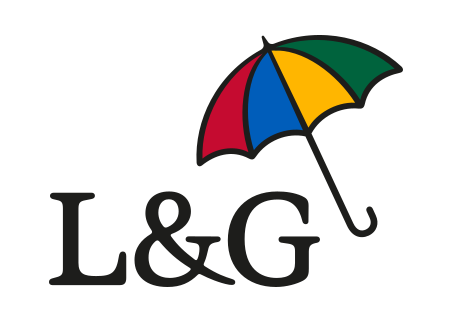Better wellbeing could boost productivity by up to £34 billion
- But productivity improvements won’t come from only understanding an individual’s subjective wellbeing. A focus on the cultural drivers is crucial.
- Productivity loss per employee with low individual wellbeing and commitment is £10,500 per year. That’s 2.5 times as much as an employee with high individual wellbeing and commitment at £4,200 per year.
- The more an employee feels valued, supported and in control of their work and life, the more productive they are. But 100% productivity is a misleading myth.
Find out more about the research and how Fruitful Insights can help.
Our new research, in partnership with Fruitful has found that productivity losses for employees with low individual wellbeing and commitment are as much as 2.5 times more than those with high individual wellbeing and commitment. To put that another way, where low individual wellbeing and commitment are factors, productivity loss per employee is calculated at £10,500 per year, in comparison to a productivity loss of £4,200 per employee, per year where individual wellbeing and commitment are high.
This suggests that helping the UK working population reach a level of high individual wellbeing and commitment could generate as much as £34 billion in improved productivity per year.
Subjective wellbeing measures only tell half a story; the what, but not the why
Fruitful’s data confirms a widely held understanding that subjective wellbeing measures – such as job satisfaction – correlate directly to the impact of wellbeing on the productivity of a business; the lower the overall satisfaction level of employees, the less productive the business is.
This can help to show whether a company has a positive or negative overall employee wellbeing status, says Fruitful Insights, but it doesn’t tell us why this is the case.
Fruitful’s analysis found that cultural factors – such as work control, competence and relatedness (good relationships with managers and colleagues) – represented the key drivers that lead to positively or negatively impacting wellbeing. For example:
- Productivity loss for an employee without supportive colleagues is calculated at £10,000; more than double the productivity loss for an employee with supportive colleagues at £4,700.
- For an employee who feels valued versus an employee who doesn’t, the productivity loss is £3,700 vs £10,400 respectively.
- And where an employee feels their skills are being used appropriately versus an employee who doesn’t, the loss is £3,600 vs £9,800 respectively.
100% productivity is a myth; it risks hindering, instead of helping, wellbeing
These findings also reveal that 100% productivity is a myth. As shown in the data above, even where employees are on their best form, there is some productivity loss; likely due to an element of absence or dissatisfaction, says Fruitful.
Mike Tyler, Chairman and Co-Founder of Fruitful Insights: “It would be impossible to get productivity loss to zero. Thinking you can, might only lead to issues such as work-related stress and burnout. The important point is that the most satisfied employees have a much lower level of productivity loss than the very dissatisfied employees. So, our focus should be on bringing the tail up; focusing on where people are dissatisfied, as opposed to expecting 100%.
“There’s clearly a big prize to be had, in terms of improving wellbeing and commitment, and hence productivity of the UK working population. But that won’t be achieved through subjective wellbeing measures alone. These are important, but it’s time to evolve. To really get to the core of the matter, employers need to be encouraged to focus on the cultural drivers of wellbeing. It’s for all these reasons that we designed Fruitful Insights; provided at no extra cost to the majority of Legal & General Group Protection’s clients covering 100+ employees.”
Colin Fitzgerald, Distribution Director – Group Protection, Legal & General Retail: “
The Fruitful Insights platform not only helps the intermediaries that work with us - and their clients – to quantify the impact of wellbeing on productivity, it also helps them gain subjective insights from employees. And, crucially, it also helps them identify the cultural drivers. This allows them to identify priorities, action plans and follow-up assessments to help improve wellbeing and performance within a client’s business.
“Our group protection products are as much about wellbeing – helping employees be well, get better and be supported – as they are about insurance. And we want our employer clients and their employees to make full use of the valuable services provided alongside the insurance product. At the same time though, we’re fully aware that value of investment into benefits, services and interventions, will only be fully realised by organisations when the environment in which they sit – the culture – is also conducive to good wellbeing.”
Find out how Netcompany benefited from the Fruitful Insights platform

